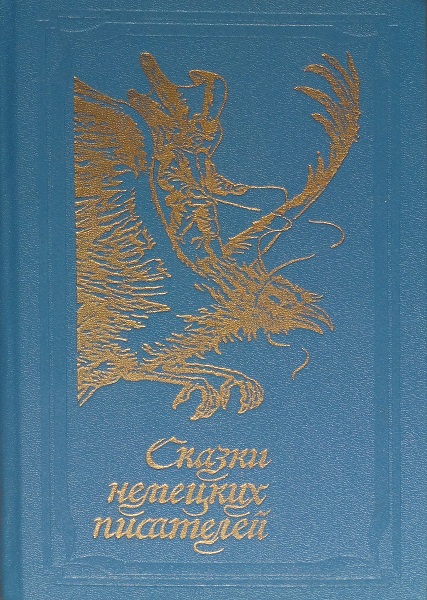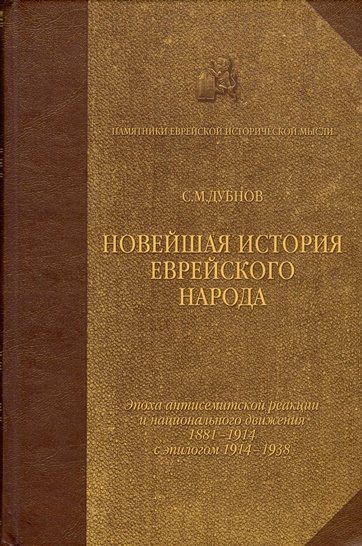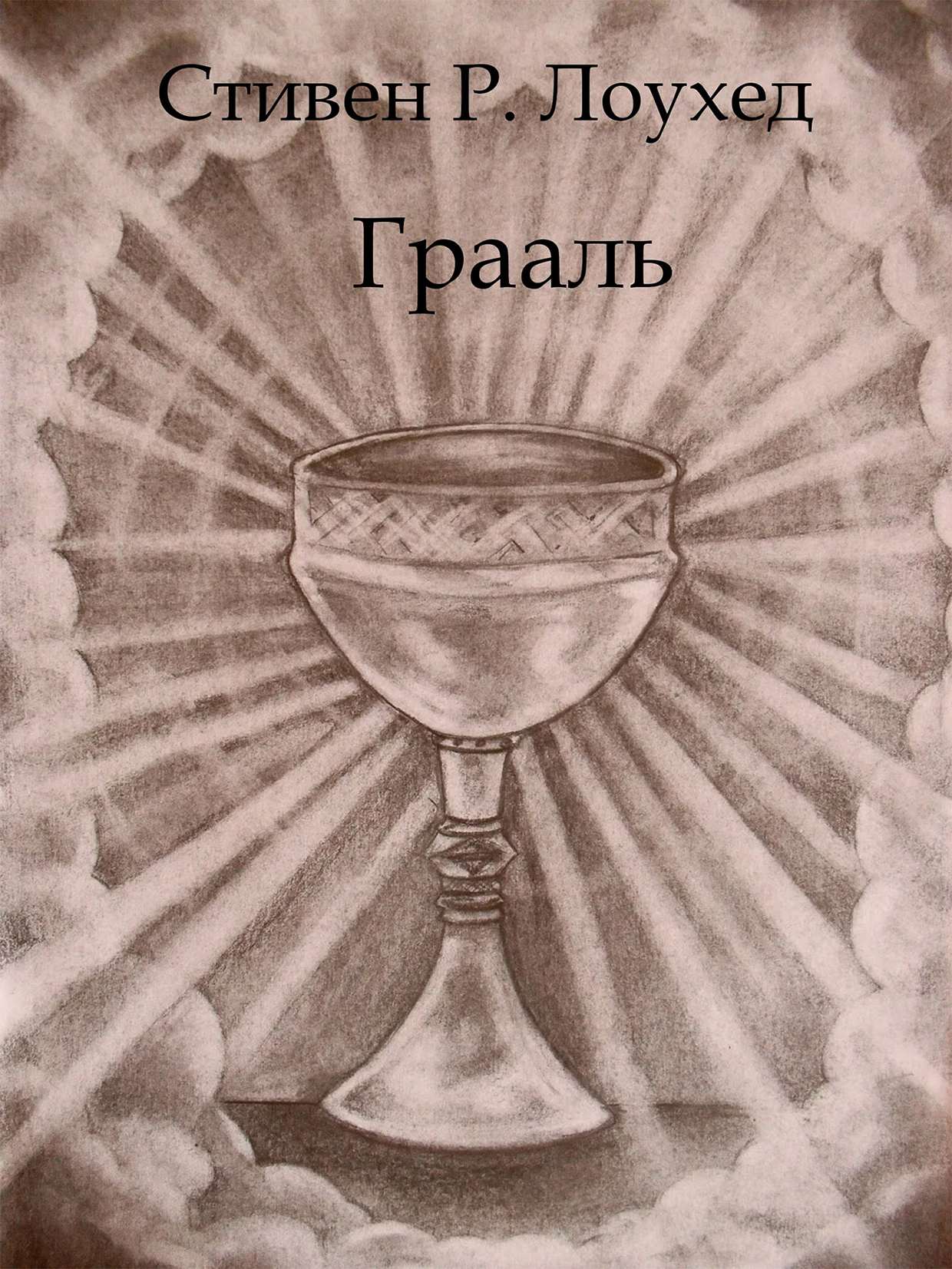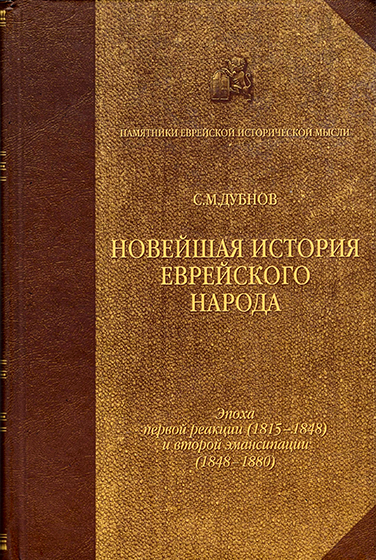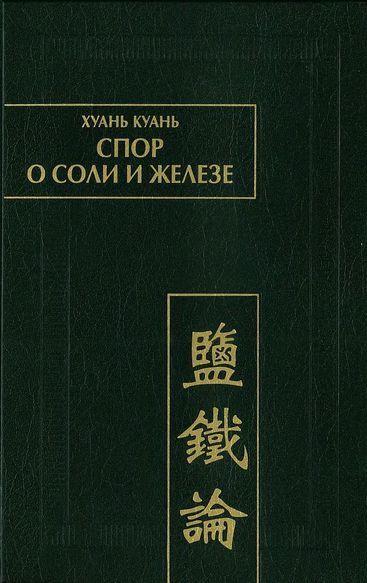Книга Могучая крепость. Новая история германского народа - Стивен Озмент
На нашем литературном портале можно бесплатно читать книгу Могучая крепость. Новая история германского народа - Стивен Озмент полная версия. Жанр: Книги / Разная литература. Онлайн библиотека дает возможность прочитать весь текст произведения на мобильном телефоне или десктопе даже без регистрации и СМС подтверждения на нашем сайте онлайн книг knizki.com.
Шрифт:
-
+
Интервал:
-
+
Закладка:
Сделать
Перейти на страницу:
Перейти на страницу:
Внимание!
Сайт сохраняет куки вашего браузера. Вы сможете в любой момент сделать закладку и продолжить прочтение книги «Могучая крепость. Новая история германского народа - Стивен Озмент», после закрытия браузера.
Книги схожие с книгой «Могучая крепость. Новая история германского народа - Стивен Озмент» от автора - Стивен Озмент:
Комментарии и отзывы (0) к книге "Могучая крепость. Новая история германского народа - Стивен Озмент"




















